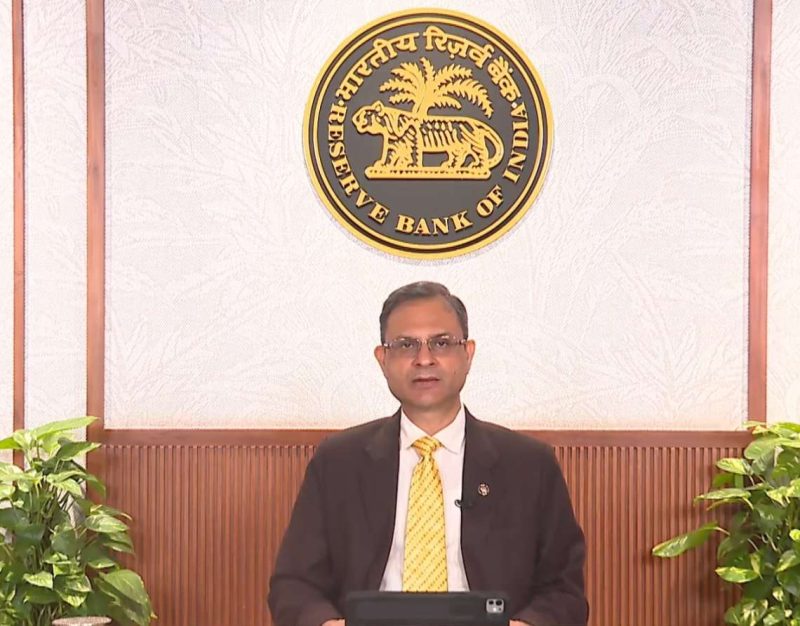Though the waves are typically a few centimetres high, it nonetheless causes a disturbance in the Earth’s upper atmosphere by pushing up air and creating an acoustic wave that is amplified as it goes higher…reports Asian Lite News
GPS satellites orbiting the Earth may be more effective in detecting tsunamis, and much faster than the seismic sensors, finds a study.
The method could serve as an effective warning system for countries worldwide, said the researchers at the University College London, UK.
Tsunami waves are low in deep water but can travel at the speed of a jet, up to 800 kilometres an hour in a deep sea, and as they enter shallow waters, they slow down, growing in height.
Though the waves are typically a few centimetres high, it nonetheless causes a disturbance in the Earth’s upper atmosphere by pushing up air and creating an acoustic wave that is amplified as it goes higher.
This acoustic wave can reach 300 km high in the ionosphere, in about seven minutes, and the depression in electron density that occurs as a consequence could be detected via satellite signals in 10 to 15 minutes, the researchers found.
As the density of electrons in the area is reduced, it affects radio signals sent by GPS satellites to GPS receivers on the ground, delaying or speeding up different parts of the signal, or changing the signal’s direction, depending on frequency, the team explained in the paper published in Natural Hazards and Earth System Sciences.
While some tsunamis reach coasts in under 10 minutes, the researchers pointed out that the method could also be used to predict second or third waves, helping to determine whether a tsunami warning should be cancelled or maintained after the first wave.
“Our study demonstrates a new method of detecting tsunamis that is low-cost, as it relies on existing GPS networks, and could be implemented worldwide, complementing other ways of detecting tsunamis and improving the accuracy of warning systems,” said Professor Serge Guillas from UCL Statistical Science.
For the study, researchers from UCL and universities in Japan looked at GPS data at the time of the devastating 2011 Tohoku-Oki earthquake and tsunami.
They found that a tsunami warning could have been issued with confidence within 15 minutes of the earthquake occurring – that is, at least 10 minutes prior to the first tsunami hitting Japan’s east coast.
They also found that a warning could have been issued using data from only 5 per cent of Japan’s 1,200 GPS receivers – meaning that the method could be used in countries with a sparser GPS network than Japan’s.
The team said the next step in the research will be to investigate this further to see if the method could be used for more precise predictions of tsunami size and range.
ALSO READ-YouTube Shorts now allows to use clips from long videos









